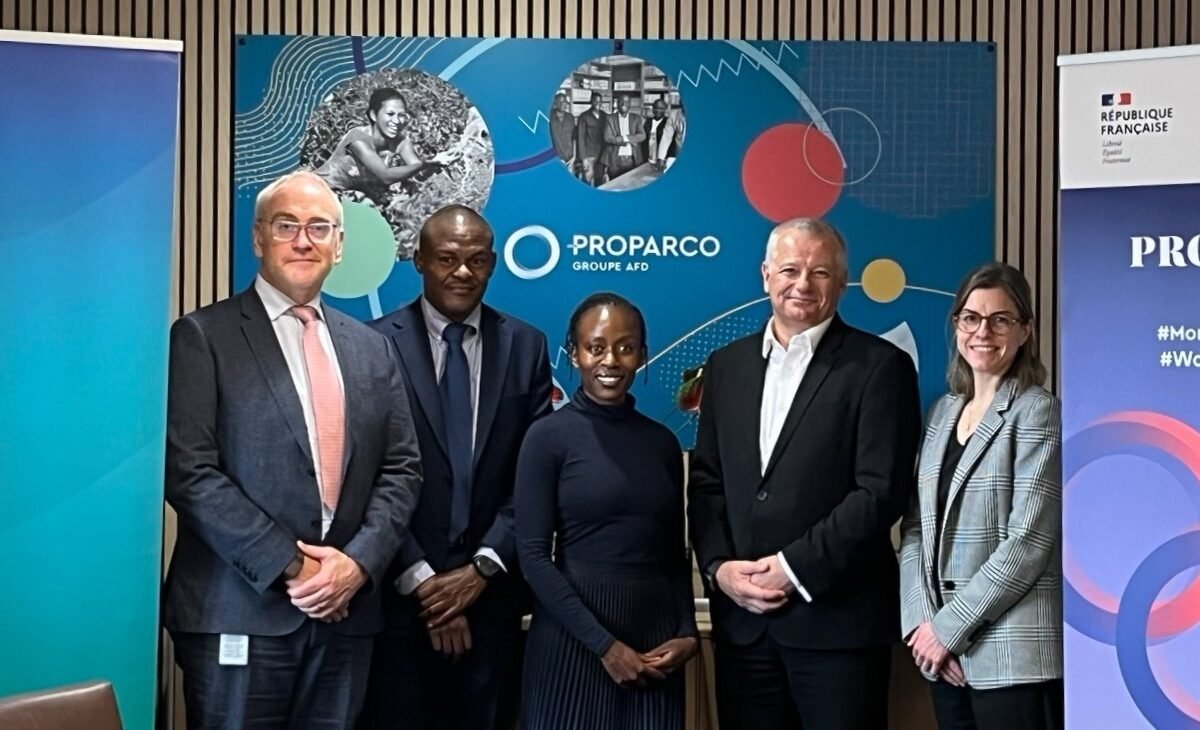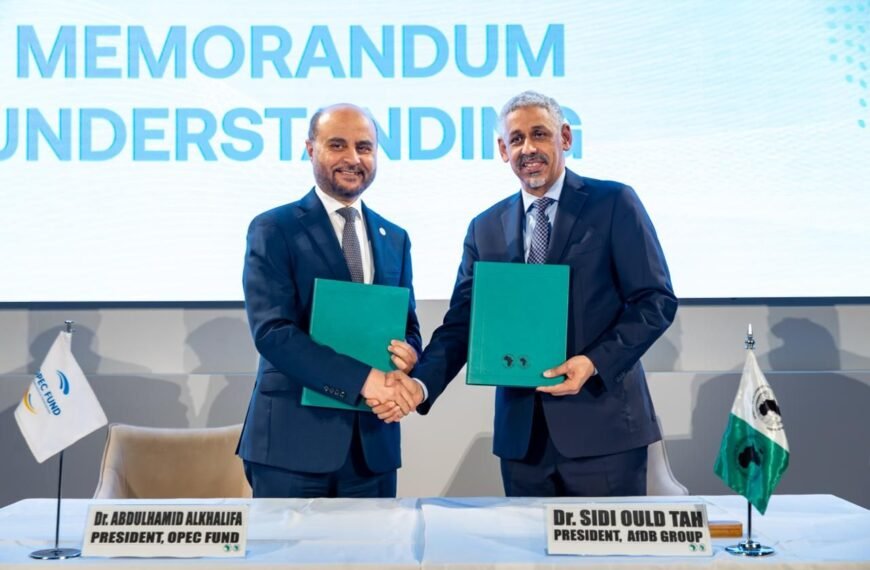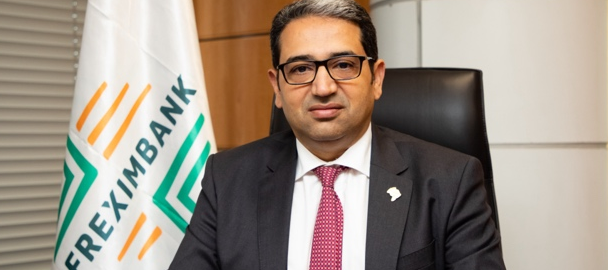

Uganda: Parliament to reconsider Local Content Bill
President Yoweri Museveni has returned the National Local Content Bill, 2022 to Parliament for reconsideration.
Speaker Anita Among made the announcement while chairing the plenary sitting on Wednesday, 01 March 2024.
The President’s letter to the Speaker dated 19 January 2023 details sections that ought to be reviewed by the House, before the Bill is enacted.
The President said that section 1(c) should only apply to matters of public sector procurement matters.
The section states that the Local Content Bill, if assented to would apply to the Mining Act, Electricity Act, Uganda Tourism Act and investment licensing incentives, which Acts already have provisions on local content.
The President listed Section 1(g) and Section 26 that require government’s internally and externally acquired resources to comply with local content obligations, which he noted are not practical.
He observed that different development partners have their own policies and guidelines that are negotiated before a project starts.
“The provision should be reviewed to allow the responsible ministry to negotiate local content in the agreement, to the extent of its practicability,” reads the President’s letter in part.
He also singled out Section 2 that defines the contracting authority, which he noted is not adequate and should be expanded to cover the authority, government, local authority, statutory body or agencies.
Section 3 establishes a Local Content Department under the Ministry of Finance, Planning and Economic Development to implement the provisions of the act through monitoring and audit compliance of local content obligations, among others.
The President cited Section 4 which gives preferential treatment to Ugandan goods, works and services, which he said contradicts with East African Community protocol on free movement of goods.
“The section should be amended to read East African goods, works and services, instead of Uganda,” The President added.
Section 5(2) provides for goods locally manufactured in Uganda that do not meet required quality or delivery timelines to continue being procured by the local content entity with the permission from the local content department.
This, the President said, will lead to inefficiency and poor service delivery.
“Procurement reforms decentralised procurement to increase efficiency. Accounting officers should be given a discretion to procure services from companies with the required standards,” he said.


















